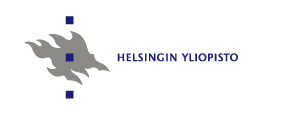Guest lecture
Professor Alton Sanders
Systems Analysis Department, School of Applied Science, Miami University, Ohio
Integrating Formal Methods
into an American Undergraduate Curriculum
Date Monday October 20th 1997 Place
Department of Computer Science
Teollisuuskatu 23 room A414 (4th floor)Time 16 - 18
Abstract
Miami University is currently implementing a project funded by the United States National Science Foundation to integrate formal methods into its undergraduate computer science program. The project, while of some interest in itself, is perhaps of less interest to the Finnish computer science community than the issues of context that it raises.In the United States there is no general agreement on the nature of computing, computer science, or computer science education. In fact, the issue of mathematical rigor is controversial and the debate is sometimes acrimonious. I shall examine both sides of the debate, from the standpoint of the technical issues involved as well as the economic factors that influence the matter. The proponents of mathematical rigor cite the 'software crisis' and the need for greater reliability of software, particularly in safety-critical applications. They make analogies to mathematics and engineering disciplines and argue that computer science is, or at least ought to be, a highly rigorous and mathematical discipline. The opponents of mathematical rigor argue that the software process ought to be one of human negotiation and should be considered a social science or even an art.
Although I shall not challenge the sincerity of either group -- both make principled arguments -- there are a number of economic factors relating to the funding of universities, the current and future state of the computing professions within the United Sates, and governmental policies. I shall attempt to highlight these issues and give a subjective view of what we can expect in the near future.
You are welcome
Greger Lindén

